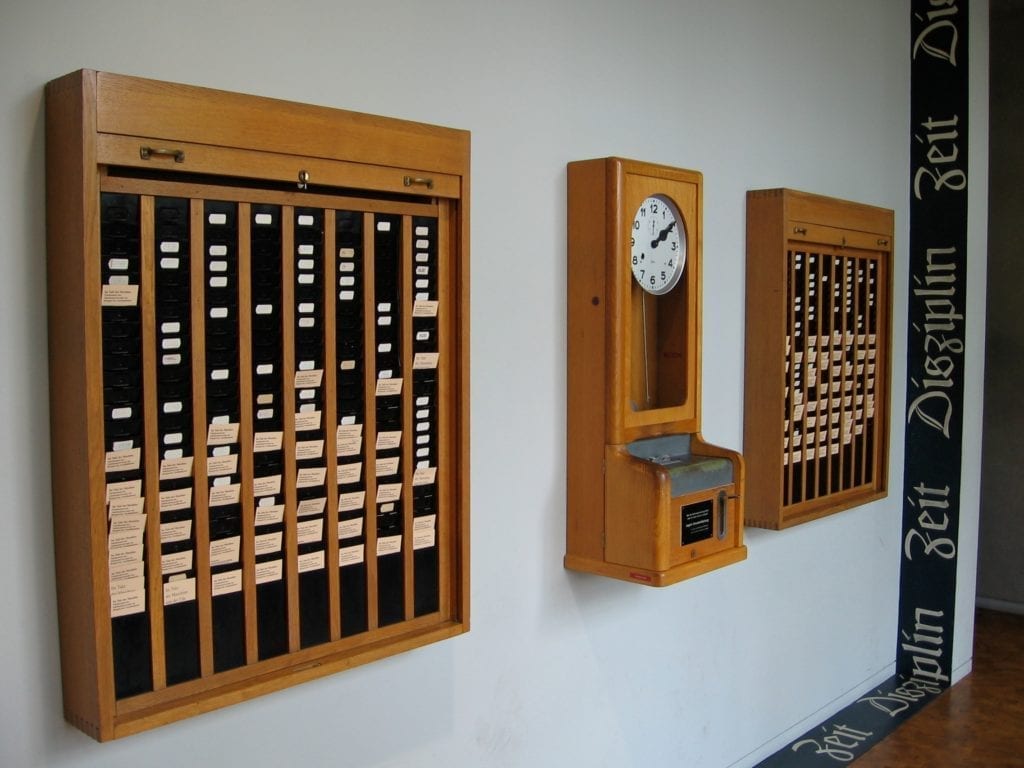How I grew to love keeping timesheets

Insulted. Mistrusted. Angry. That’s how I felt at my last job when the company owner introduced a timesheet system. As a 99% remote worker, this micromanaging infringement on my prized, flexible working arrangements struck deep. To be honest it caused a significantly deep sense of resentment.
So how did that turn into a good thing?
My poor wife cursed my boss even more since she was the one left listening to my incessant grumbling about the ‘extra time spent recording time’, how this added pressure to my existing workload, ‘why should someone in a managerial position have to do this?’, blah blah blah, etc., etc., etc.
These excel sheets were beasts. Not just start and finish times and total hours per day or week, but detailed by-the-minute-by-the-tasks-within-the-project-level notes.
But then something changed. It all clicked into place. Even though I’ve always taken pride in delivering in blocks, avoiding flitting around from task to task, it was the totals that opened my eyes.
Although not in an agency environment, I was spread across the companies in house brands. And it was suddenly, glaringly obvious how, despite even the best intentions, my time was disproportionately spent according to the budgeted ‘billable hours’. And nowhere close to my previous sense of estimated apportionment.
And after getting over the initial inconvenience of keeping notes the routine became ingrained. And, yes, the focus narrowed by a good margin too. Even though I was never, ever distracted before of course…

At first, I was stricter on my total hours worked. Sticking to the bare minimum is a childish form of protest to the inconvenience. I felt that as my regular extra hours in the past were not recognised or rewarded, they should no longer be worked – let alone measured. I was a clock watcher for the wrong reasons.
But like it or not, the miserly measuring became routine. Until I got over myself and found I was actually also more aware of protecting my own work-life balance, and more mindful of priorities. More likely to say no to dead-end requests or potentially time-wasting projects. I got more done during regular hours. Basically, just more, err, efficient. And happier.
Viewing a good week’s work totalled up on a Friday afternoon gave satisfaction. Now I was clock-watching for the right reasons.
In fact, it actually becomes quite addictive. So much so that when joining the team at HRLocker, where the online timesheets are even easier to maintain and don’t require totalling checks or allow errors in spreadsheet formulas (yes, there were several errors both in the google spreadsheets templates supplied and my own saved versions), it was as natural as breathing. The habit was already ingrained. (Timekeeping records are a legal requirement here in Ireland anyway.)
I actually felt relief that they’re in place here as otherwise, I think I’d have personally kept track of what I did and when regardless.
So my advice is to go with it. Try and see timesheets as something to measure yourself by, not a stick your boss beats you with.
They’re also useful for proving when you do need that extra budget or support. Or to help rearrange resources as opposed to requesting or spending more.
If you’re remunerated for keeping to targets or levels of spend then they’re your friend. They’re also your justification to say no more often. To highlight how you, literally, don’t have time. (See what I did there?)
If you’re a slacker you’ll be found out anywhere you work. If you’re a worker bee, unicorn type you’ll likely be valued anyplace – and maybe even [paid] more if you can prove it!
